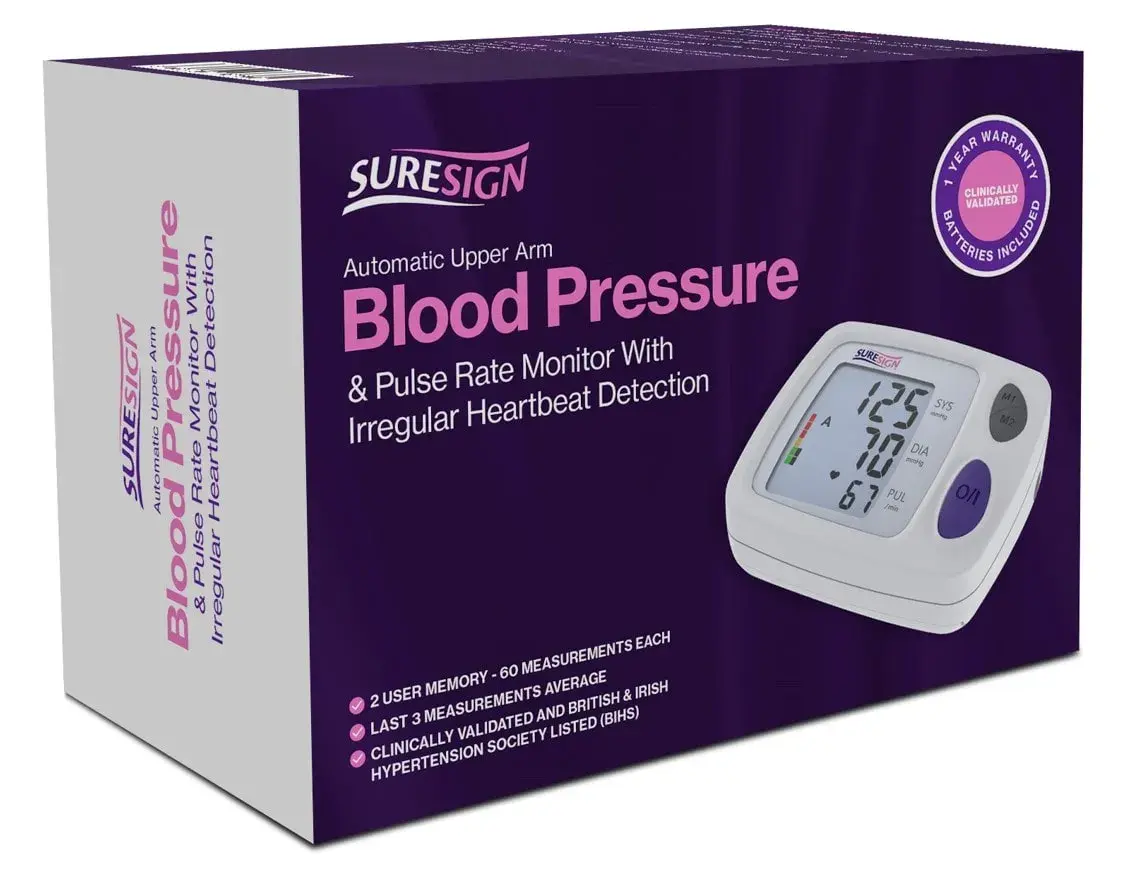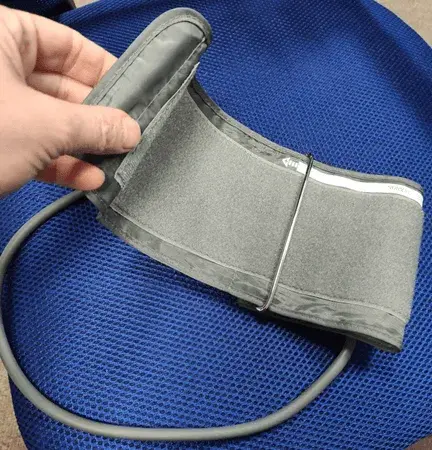The Importance Of Blood Pressure Monitoring During Summer
During the warmer weather of summer, it is essential to pay attention to your blood pressure. Hot weather causes the body to work harder to cool down, leading to the dilation of blood vessels and increased blood flow to the skin to dissipate the heat.
This can temporarily lower blood pressure, but prolonged exposure to heat can also cause it to increase, putting the heart under strain in vulnerable individuals.
In this article, we’ll explain why it is important to monitor your blood pressure during summer and why you don’t have to go to your GP surgery every time you wish to check it.
Who Is Most At Risk?
Extreme heat is a serious danger, so it’s crucial that everyone takes steps to protect themselves, as high temperatures can impact anyone’s health. However, for some people, such as the elderly, young children, and those with long-term health conditions, the rising temperature can have a significant impact on their cardiovascular health, making regular blood pressure monitoring crucial to safeguard their health and wellbeing.
Why Is It Important To Monitor Blood Pressure In Hot Weather?
A key reason why blood pressure monitoring is essential during the summer is because of how the body responds to hot weather. When temperatures soar, your body works harder to regulate its core temperature, putting additional strain on the vital organs, such as the heart, lungs, and kidneys. For individuals with pre-existing conditions, this extra workload can worsen their health condition and increase the risk of complications.
One of the most dangerous consequences of exposure to high temperatures is heat-related illnesses, such as heat exhaustion and heatstroke. These conditions can have serious implications for cardiovascular health. Symptoms may include chest pain, shortness of breath, dizziness, and confusion. It’s essential to recognise these signs and seek prompt medical attention if they occur.
How To Protect Yourself In Hot Weather
To safeguard your cardiovascular health during the summer, there are a couple of precautions you can take:
1) Take Your Prescribed Medication
If you have a pre-existing heart condition, it’s vital to continue to take your medications as prescribed and to follow your doctor’s recommendations for managing your condition. Additionally, monitoring your symptoms closely can help you to identify any changes or warning signs that may require medical attention.
2) Monitor Your Blood Pressure
Regular blood pressure monitoring is a simple yet effective way to track your cardiovascular health throughout the summer months. Unfortunately, regular travel to the GP surgery is impractical for many people due to their work life, caring responsibilities, or mobility issues. A home blood pressure monitor is a convenient and easy-to-use solution, enabling you to measure and record your blood pressure from the comfort of your home at a suitable time. By carrying out this simple daily test, you can identify any fluctuations that may warrant further investigation and take rapid action to protect yourself should any anomalies occur.
Find Out More About Our Blood Pressure Monitors
For more information on our easy-to-use and reliable home blood pressure monitors, please download our brochure.
Image Source: Canva
Posts by topics
- self-testing kits (31)
- Home Testing Kits (28)
- Pregnancy tests (15)
- Uti home test kits (11)
- Home Blood Pressure & Pulse Monitor (9)
- Pregnancy (8)
- Blood Pressure Monitors (7)
- Vitamin D Testing Kits (7)
- 6-day Early pregnancy tests (4)
- Blood Test Kit (4)
- Iron deficiency test (4)
- Diabetes journey (3)
- Uncategorised (2)
- Urine Test Kit (2)
- Business Awards (1)
- Covid-19 (1)
- Frogs as pregnancy tests (1)
- Gestational Diabetes (1)
- Home Ovulation Tests (1)
- Managing Chronic Conditions (1)
- Pharmacy (1)
- Repeat UTIs (1)
- Twin Pregnancy (1)
- false positive (1)
Recent Posts
Subscribe to our blog
You May Also Like
These Related Stories

A Guide To Using A Home Blood Pressure & Pulse Monitor With Irregular Heartbeat Detection

How To Troubleshoot Your Blood Pressure Monitor





No Comments Yet
Let us know what you think